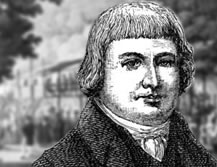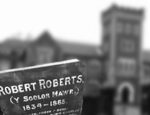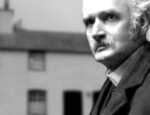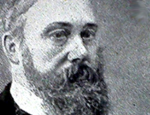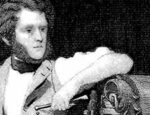Description
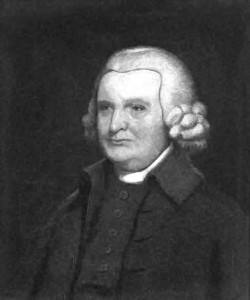 Meet Samuel Bradburn (1751–1816), the son of a private in the British Army who began adult life ‘a poor ignorant cobbler’ and went on to become president of the Methodist Conference. Bradburn was the most incredible orator, and as such was widely referred to as the ‘Demosthenes of Methodism’ after the famous Athenian statesman; some argued, however, that his style more closely resembled that of the more affable Roman orator Cicero.
Meet Samuel Bradburn (1751–1816), the son of a private in the British Army who began adult life ‘a poor ignorant cobbler’ and went on to become president of the Methodist Conference. Bradburn was the most incredible orator, and as such was widely referred to as the ‘Demosthenes of Methodism’ after the famous Athenian statesman; some argued, however, that his style more closely resembled that of the more affable Roman orator Cicero.
In 1740 Bradburn’s father had been tricked into the army by a recruiting officer. Three guineas (as King’s bounty) had been slipped into his pocket without his knowing, a classic method of being pressed into service. His devoted Welsh wife followed him to war. After fighting battles for King and country in Flanders, the family were ordered to Gibraltar in 1748, where Samuel would be born three years later, one of 13 children. Samuel spent his first twelve years on the Rock of Gibraltar, where he received his fortnight’s schooling. School fees were at first a penny a week. When this rose to three halfpence his father withdrew him.
In Cork, 31 March 1779, the same year he became president of the conference, Bradburn wrote: “I have read and written much this month, but sadly feel the want of a friend to direct my studies. All with whom I have any intimacy, know nothing of my meaning when I speak of my ignorance. They praise my sermons, and consider me a prodigy of learning; and yet what do I know? a little Latin, a little philosophy, history, divinity, and a little of many things, all of which serves to convince me of my own ignorance!”
Exactly where Bradburn learned his Latin is unclear (certainly not during his two weeks at school), but considering the strong culture of self-improvement among members of the Wesleyan Methodist community, it is likely that Bradburn taught himself. John Wesley was accustomed to recommend his ministers to read treatises in Greek and Latin as part of their spiritual and philosophical education. In 1768, for example, he instructs the Methodist minister Joseph Benson (about the same age as Bradburn), to embark on a strict course of reading:
“No; you would gain more clearness and strength of judgment by reading those Latin and Greek books, (compared with which most of the English are whipped syllabub,) than by fourscore modern books.”
n.b. around 1770

